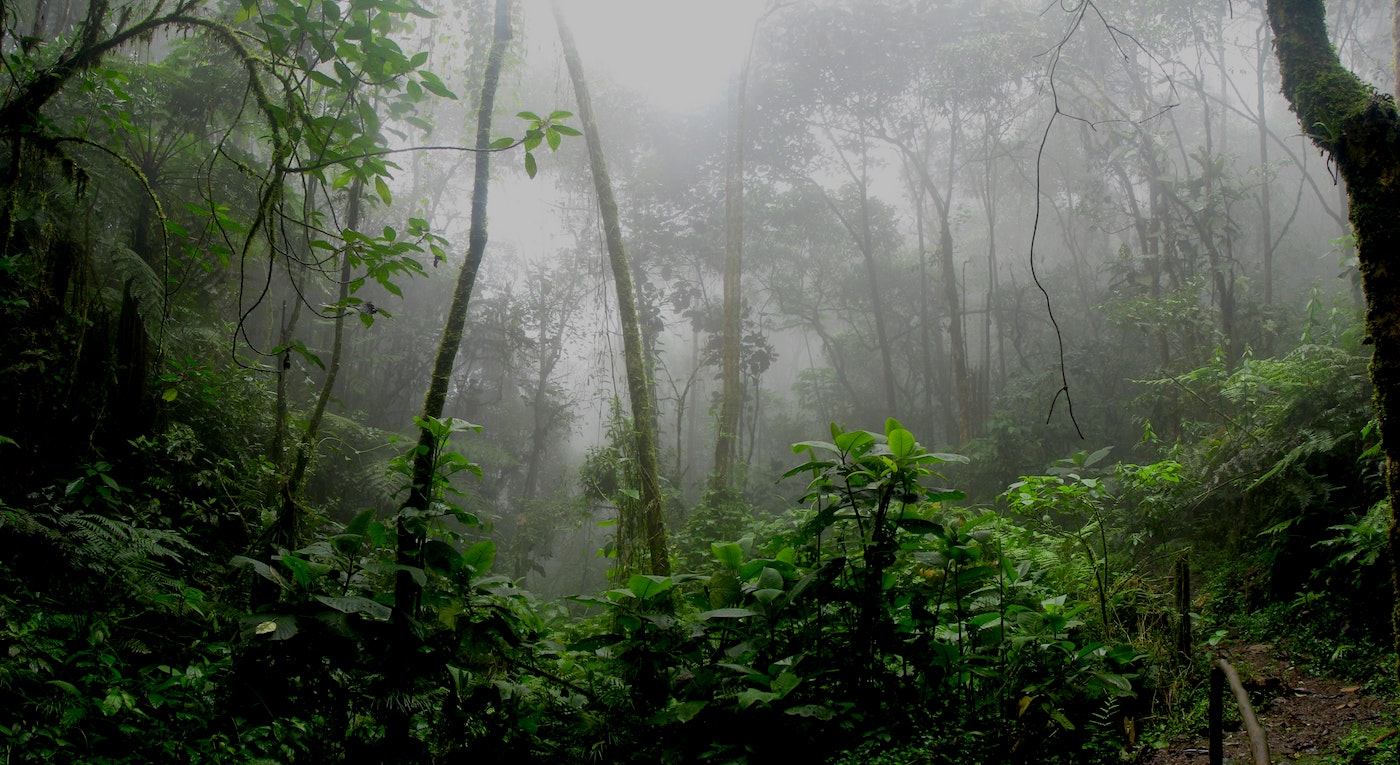What is your name? Peter Houlihan
What years were you in Borneo? 2009-2013
What areas of Borneo were you in? Kalimantan, Sarawak, Sabah
What brought you to Borneo?
Borneo is a second home. It’s where some of my best friends and “family” are. It is truly a majestic island. From a very early age I was innately attracted to visiting Borneo. I perused Nat Geos and constantly thought of ways to visit the rainforest. My experience in Borneo began, and still continues, with the Orangutan Tropical Peatland Project (OuTrop) in Central Kalimantan. I led a research project investigating the impacts of forest gaps on butterflies in the Sabangau peat-swamp forest, while also assisting with orangutan and gibbon behavioral studies and camera trapping projects. For me, that was it: Borneo became a home away from home. I came seeking rare biodiversity and became consumed with the people and culture as well.
When I travel, I find that immersing oneself in the culture is the best way to learn more about other people, places, and of course, yourself. Following my first trip with OuTrop, I co-founded a conservation organization with several colleagues called the Barito River Initiative for Nature Conservation and Communities (BRINCC). I continue to collaborate with OuTrop and now serve as a Director for BRINCC, leading expeditions into one of the most remote regions of the island, working with local people, their resources, and their wildlife. I also frequently visit for other side projects.
If you had 3 minutes on a loud speaker that would be heard by the whole world (or all Americans) what would you tell them about Borneo?
I constantly encourage Americans to get out more and see the world. These days everyone is so wrapped up and consumed in social media and smartphones that few people look up every once in a while to appreciate their surroundings. It’s quite terrifying actually. People only appreciate what they understand…and consequently only see the merit in conserving what they appreciate. With a booming population, our species needs to value the natural world and sustainably use the resources that we have. At the same time, I think everyone should step out of their comfort zone and immerse themselves in different cultures. There are now many places on Borneo where tourists can visit and avoid any cultural immersion. Many people may like that, but personally I feel that people (Americans in particular) would find their travels more rewarding if they learned a few foreign languages and fully appreciated the world around them.
When you talk about Borneo and your trip there what is the thing you always are sure to say?
Borneo is a magical place. However, many people do not realize the grave situation of the island. Much of the island is constantly burning and being converted to palm oil plantations, exploited for timber, gold, coal – you name it. In addition, foreign markets are driving the sale of hornbill beaks and pangolin scales, and terrible pet trade of slow lorises and orangutans. The island has undergone such drastic change over the last few decades and at this unsustainable rate, it is incredibly worrying to think of the future. Within our lifetime, the Sumatran rhino and Borneo pygmy elephant may likely go extinct, along with many other species that have already been wiped off of this island. It is imperative that conservation organizations work with local communities. Without this, no efforts will succeed. Unfortunately, this is the tone of many discussions concerning Borneo, but it is because of all that the island has to offer that we who are fortunate to travel here appreciate it. I only hope that others will feel similarly.
How have your experiences in Borneo impacted your life outside of Borneo?
Well, traveling has changed my life completely. It is all about perspective and how you look at the world. Borneo is one of those places to which I constantly return. I have become so enthralled with the island, and my efforts have already made noticeable differences. There is often little fame for those who work in conservation, but those who do it don’t seek that glamor. Helping the lives of others, sharing stories and experiences, and seeing others smile makes it all worth it. These are the fundamental aspects of life that so many people around the world are missing. My experiences in Borneo have helped me to realize what is truly important in life and to embrace every moment and experience.
What was the thing that was most surprising to you about Borneo?
The fires. Before my first trip to Borneo, most of what I had seen were photos of incredible creatures, pristine expanses of rainforest, etc. On my first flight in to Palangka Raya, all I could see outside of the window were fires and smoke, and then finally in the middle, the Sabangau forest where I would be working. That was a shock. Many years the fires during the dry season are so intense that you must wear a mask to breathe. It’s terrible.
Who was the most memorable person you met in Borneo, why?
From the amount of time I have spent in Borneo, I have met many incredible individuals. The most memorable would be my friend Junaidi. Junaidi joined our BRINCC expedition in 2011. He was a remarkable guy. Junaidi was always eager to learn more about biodiversity monitoring so that when he returned to his village he could work to protect their community forest and instruct his peers and younger generations. For this reason I did all that I could to teach Junaidi – and learn from him as well. This is why we do conservation. Junaidi was essentially a prodigy student – someone who would take what he learned and bring it back to his own community. I was immensely proud of him.
Soon after the expedition ended, Junaidi passed away due to a pre-existing respiratory illness. When I visited his family, all they could talk about was how much Junaidi loved the expedition and his plans for their community. Even on the day he died, his sister told me he was asking for updates from those of us still in the field. Junaidi was a true wildlife warrior. He believed in a cause and he fought for it. Everyone can learn from this. Junaidi’s passing was a huge loss, but I will always remember Junaidi and be thankful for the times we shared together.

